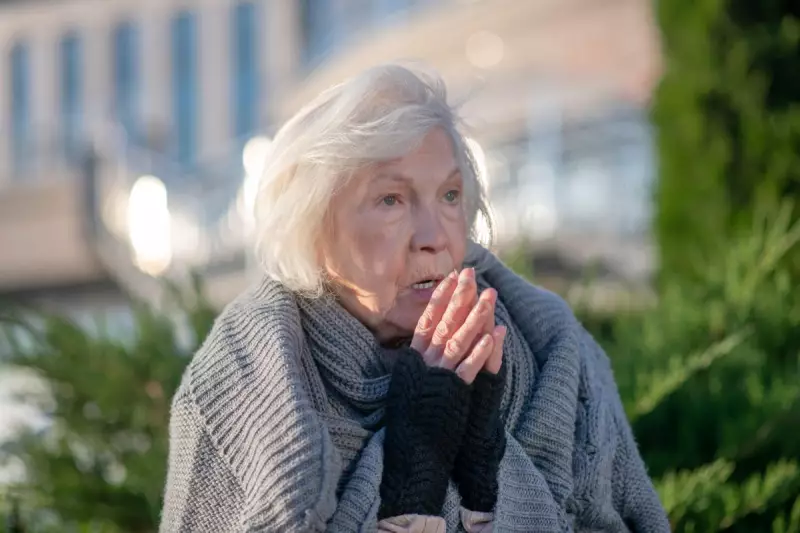
As an Arctic blast descends upon the United Kingdom, bringing biting winds and plummeting temperatures, medical professionals are sounding the alarm about the serious health risks facing millions of Britons. The coming weeks could prove particularly dangerous for vulnerable populations, making proper preparation absolutely essential.
Why Cold Weather Poses Such Grave Dangers
Dr Agostinho Sousa, a leading expert in environmental health, emphasises that exposure to cold conditions isn't merely uncomfortable—it can trigger life-threatening medical emergencies. "When temperatures drop significantly, our bodies undergo considerable stress," explains Dr Sousa. "This is especially concerning for individuals with pre-existing heart and respiratory conditions."
Research consistently shows that cold homes and prolonged exposure to low temperatures contribute to thousands of excess winter deaths across the UK annually. The risks extend beyond hypothermia to include increased blood pressure, heightened stroke risk, and worsened respiratory symptoms.
Essential Strategies to Stay Safe and Warm
Heat Your Home Effectively
Medical authorities recommend maintaining living spaces at at least 18°C (65°F), with slightly higher temperatures for bedrooms overnight. If heating your entire home proves challenging, focus on warming one main room where you spend most of your time. Remember to close doors to unused rooms and use draft excluders to prevent heat loss.
Layer Up for Maximum Warmth
Multiple thin layers trap body heat more effectively than one bulky garment. Start with thermal underwear, add cotton or wool middle layers, and finish with a wind-resistant outer layer. Don't forget warm socks, slippers, and a hat—significant body heat escapes through your head.
Nutrition and Hydration Matter
Regular hot meals and drinks help maintain core body temperature throughout the day. Warm, nutritious soups and stews provide both comfort and essential energy. Limit alcohol consumption, as it creates a false sensation of warmth while actually causing blood vessels to dilate, increasing heat loss.
Special Considerations for Vulnerable Groups
Elderly individuals, young children, and those with chronic health conditions require extra vigilance during cold spells. Check regularly on elderly neighbours and relatives, ensuring they have adequate heating and supplies. Look out for signs of confusion or slurred speech, which could indicate hypothermia.
For those with respiratory conditions like asthma, cold air can trigger dangerous symptoms. Wearing a scarf loosely over the nose and mouth can help warm incoming air before it reaches the lungs.
Staying Active and Connected
While venturing outside in icy conditions requires caution, remaining active indoors helps circulation and generates body heat. Simple exercises, household chores, and moving about regularly can make a significant difference. Maintain social connections through phone calls or video chats if visiting becomes difficult due to weather conditions.
As Britain braces for what forecasters predict could be a prolonged cold period, these evidence-based strategies could prove vital for protecting health and wellbeing. By taking proactive measures now, households across the UK can navigate the winter months more safely and comfortably.





